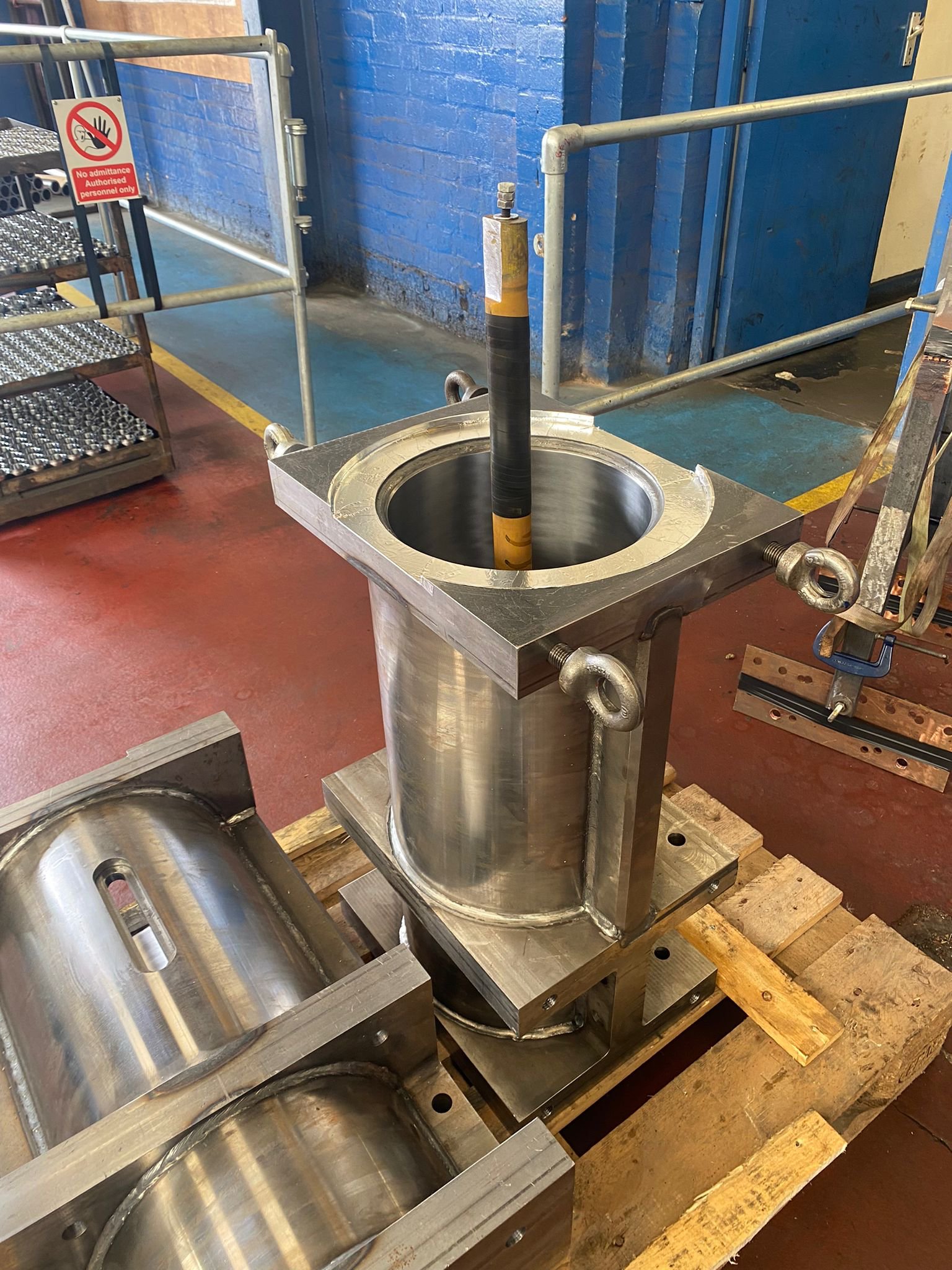view the rest of the comments
the_dunk_tank
It's the dunk tank.
This is where you come to post big-brained hot takes by chuds, libs, or even fellow leftists, and tear them to itty-bitty pieces with precision dunkstrikes.
Rule 1: All posts must include links to the subject matter, and no identifying information should be redacted.
Rule 2: If your source is a reactionary website, please use archive.is instead of linking directly.
Rule 3: No sectarianism.
Rule 4: TERF/SWERFs Not Welcome
Rule 5: No ableism of any kind (that includes stuff like libt*rd)
Rule 6: Do not post fellow hexbears.
Rule 7: Do not individually target other instances' admins or moderators.
Rule 8: The subject of a post cannot be low hanging fruit, that is comments/posts made by a private person that have low amount of upvotes/likes/views. Comments/Posts made on other instances that are accessible from hexbear are an exception to this. Posts that do not meet this requirement can be posted to [email protected]
Rule 9: if you post ironic rage bait im going to make a personal visit to your house to make sure you never make this mistake again


0.01 what inches? Cause that isn't that tight, but it might not need be with that large a piece but there's no way the entire spec is +/- .01. Those diameters are probably +/-.005
Oh it's 0.01 units of pulled directly out my ass, got it ok ship it out, we good 👍
Be rest assured, every part has a drunk uncle slapping it and saying, "Yep! That'll hold."
"When in doubt, ship it out"
"If it fits, it ships"
"We can inspect the parts when they send them back"
"Fuck it, It's [that one consumer goods company which sends purchase orders to an ISO 13485 (medical device manufacturing) facility for some reason]"
All jokes aside, tight tolerances DO NOT indicate good engineering. Anybody can add a bunch of extra zeros to a fucking blueprint. A well engineered part / assembly will have things toleranced as loosely as permissible, with the exception of a handful of critical dimensions, and a good design will ensure that even those critical dimensions don't need to keep the machinist running back and forth between the grinder and the laser micrometer.
Excessively tight tolerances will cause a lot of perfectly functional parts to be scrapped, require additional machining operations, more expensive tooling, more frequent tool changes, increased rework, increased machine operator skill, increased inspection frequency, etc. etc. etc. When some fuckstick like Elon Musk comes around and says they're tightening the tolerances to make the fucking door panels line up correctly, they're telling you they have no idea what they're doing.
Holding tight tolerances is a matter of workmanship. Engineers are supposed to be the ones figuring out where that effort makes the most impact and where it makes no difference whatsoever.
God the over right tolerances have been the worst experience with parts I have ever inspected.
Piece of plastic with drilled holes into it with about a 12" OD true positioned to 0.0002" to the OD the center ID and the bottom of the part. We got everything consistent enough to 0.001" and called it good enough lol. Place was a literal clown show with so much wasted talent cause of a management shit show
What the fuck. Plastic will lose that .0002" tolerance if somebody farts in the same room (especially .0002 over 12 inches!). How do you even measure the location of a hole that size? If you're trying to nail the position down to .0002 what the fuck is the cylindricity supposed to be? Atomically perfect?
I’m over here thinking about temperature changes. It will be precise within 0.0002” at the ambient temperature on whatever Wednesday at whatever time
Going by a thermal expansion calculator, if the part is steel, then a temp increase by only 20F will cause the length to increase by 0.0048”. Idk what the coefficient of expansion is for plastic, but it also has one and it’s probably going to result in variations larger than 0.0002”
Lower tolerances is what allowed the Soviets to whiz past the entire Axis combined in terms of tank production. The only difference was a Soviet KV-1 could put a shell through the front and out the back of a Panzer IV a kilometer away while the Panzer's shells would bounce off at 200 meters.
I mean, for most parts of a vehicle, within 1/100 of an inch is plenty close enough. Most of the things that it wouldn't be are more generic off the shelf stuff. Like, chevy doesn't make all of their their transmissions, for instance. Tremec makes the ones for the corvette, and some of their 10 speed ones are made by a shared effort between Ford and Chevy/GM. Than Nissan ops to use these POS jnco transmissions, and there's several others. Same for some engines or at least many of the parts in the engines.
But all the frame, mounts, body panels, holes, brackets, etc...1/100th inch would be fine.
Their pants were much higher quality
Lol. Woops. *Jatco
It’s actually 0.01pm, and yes, we will be hiring quantum physicists and building some very fancy lab equipment to check the individual atoms.